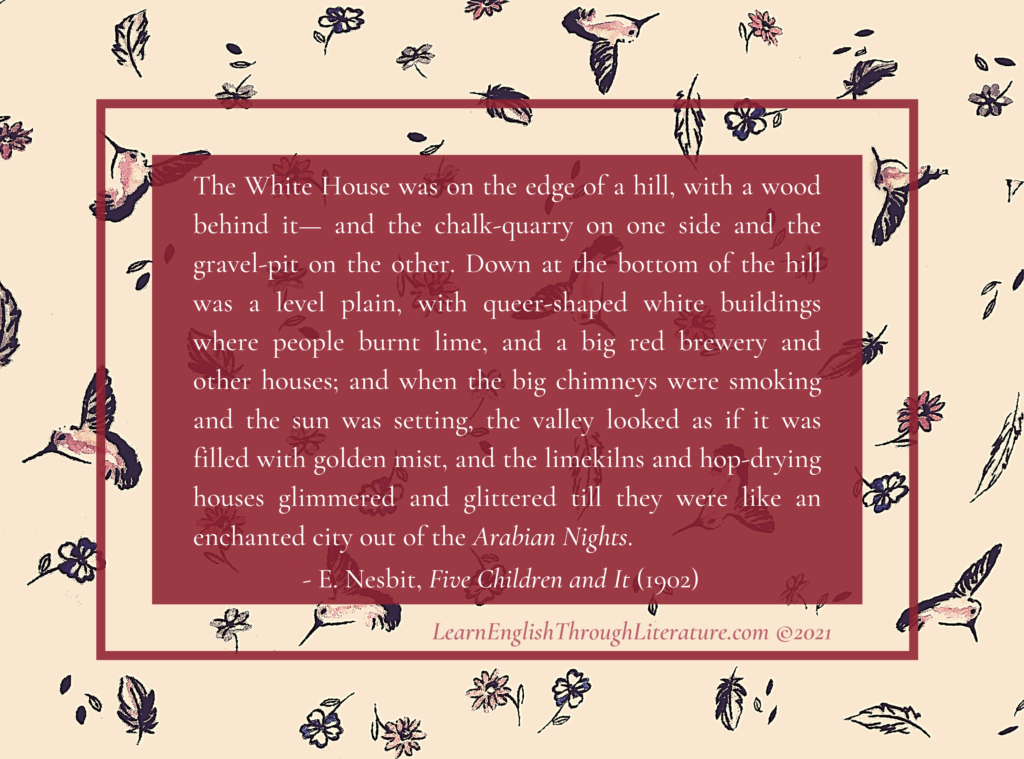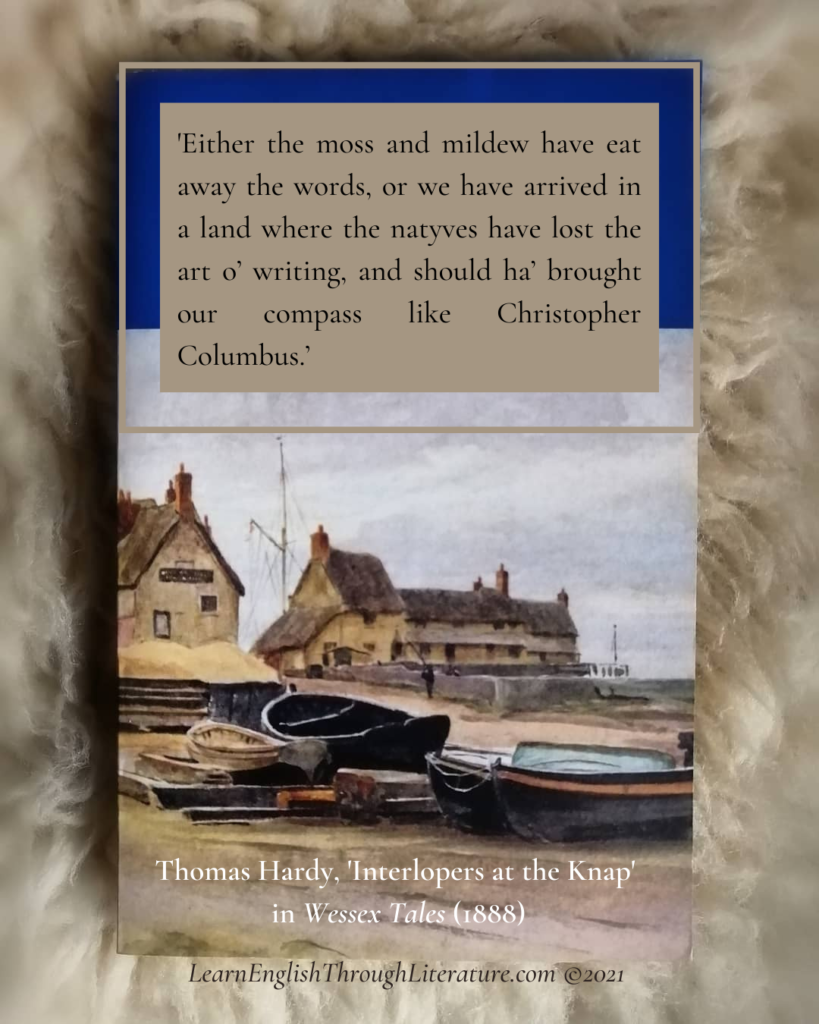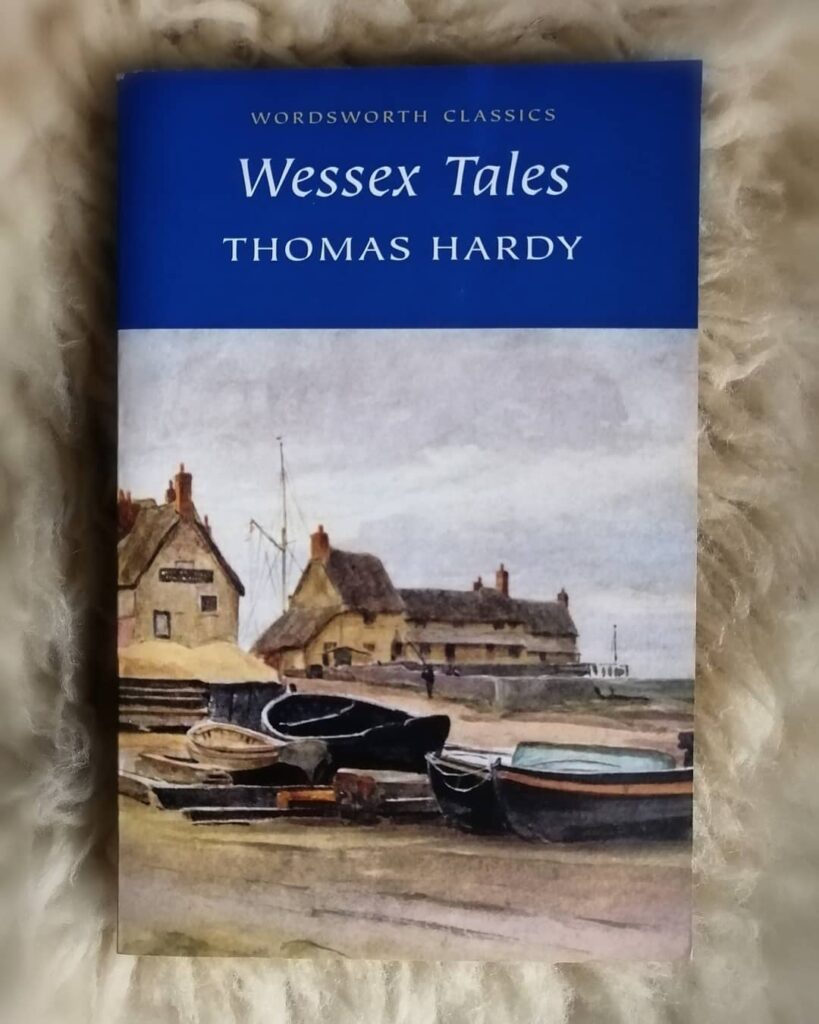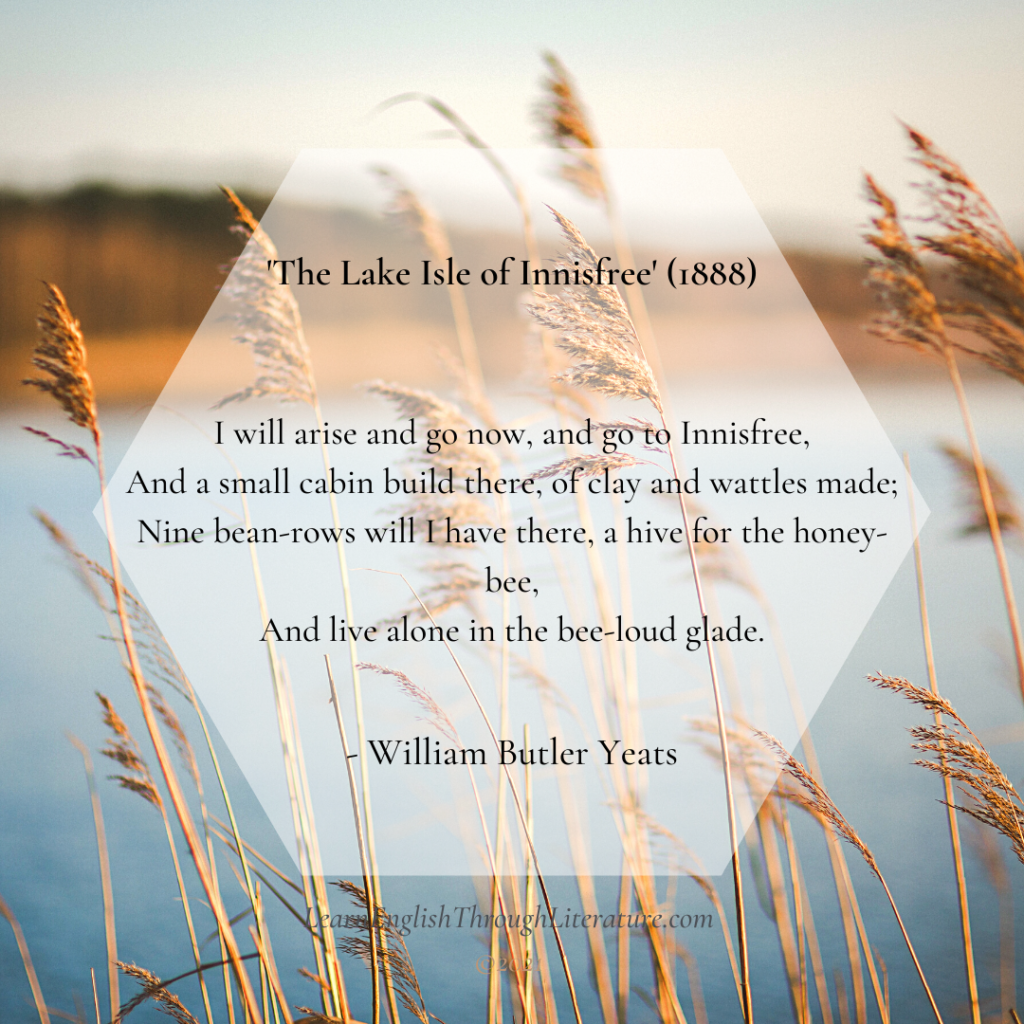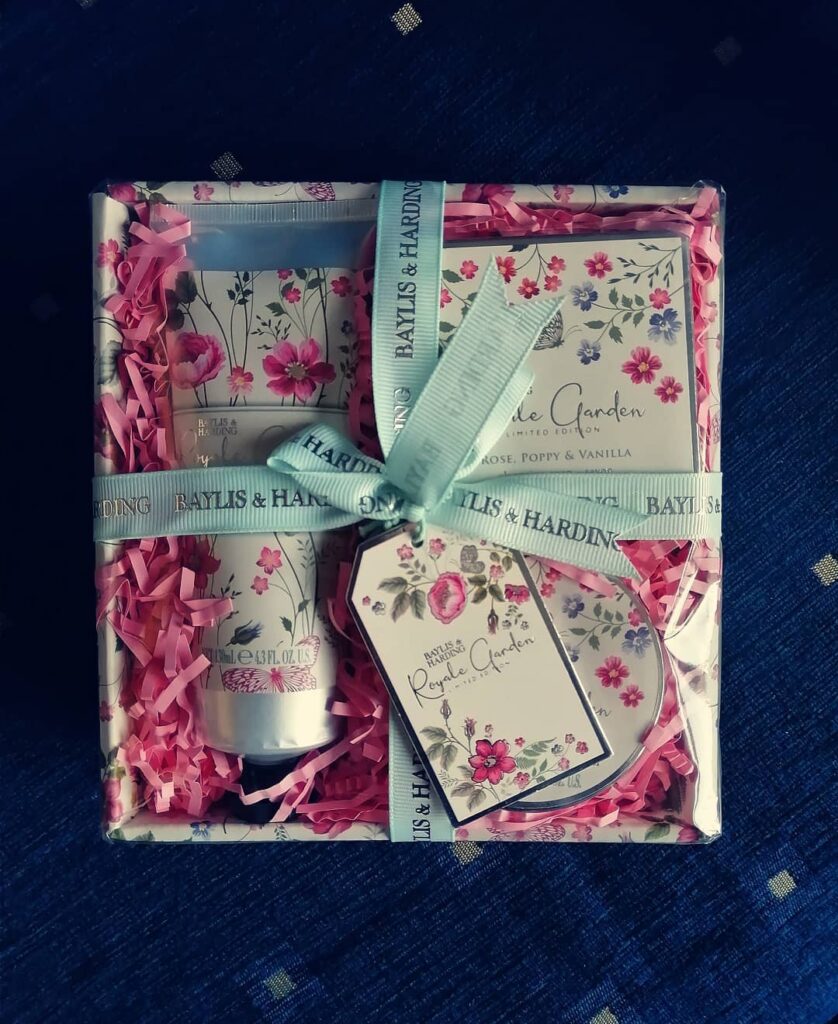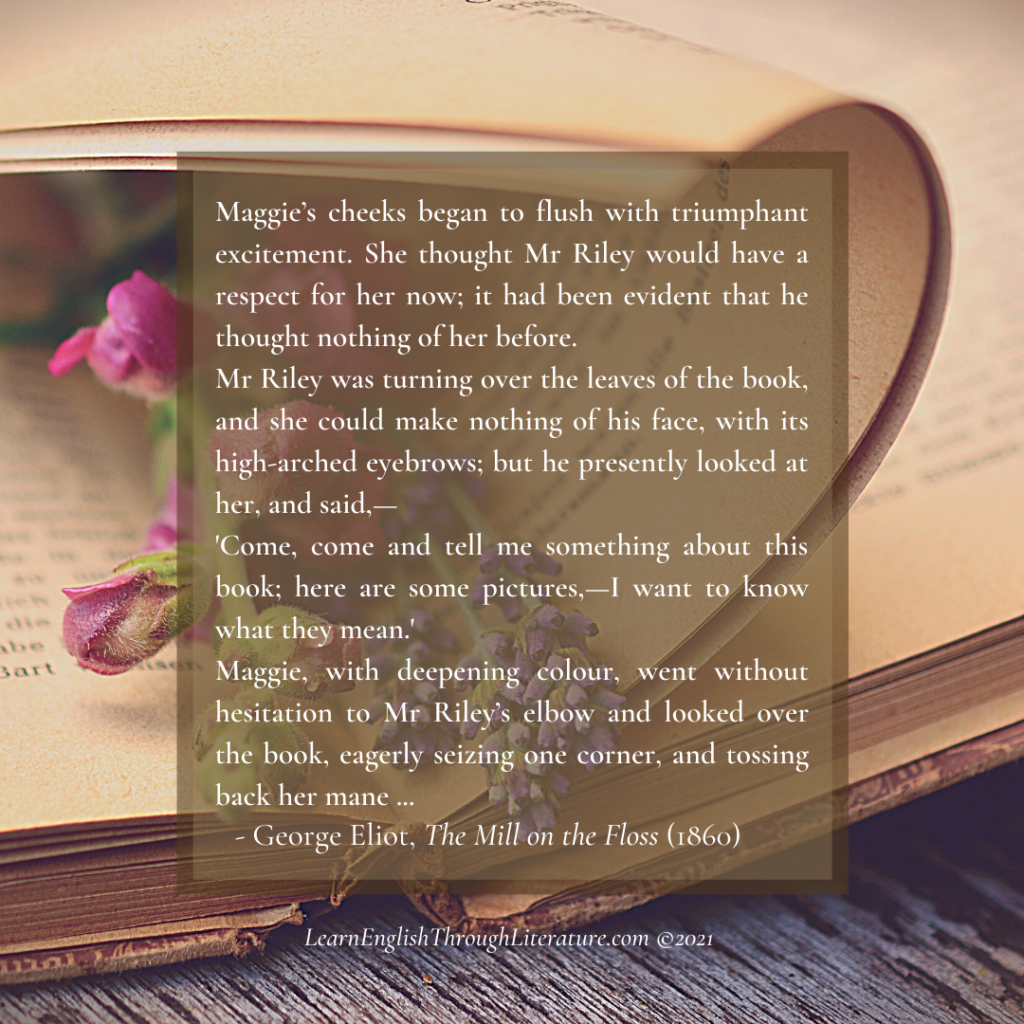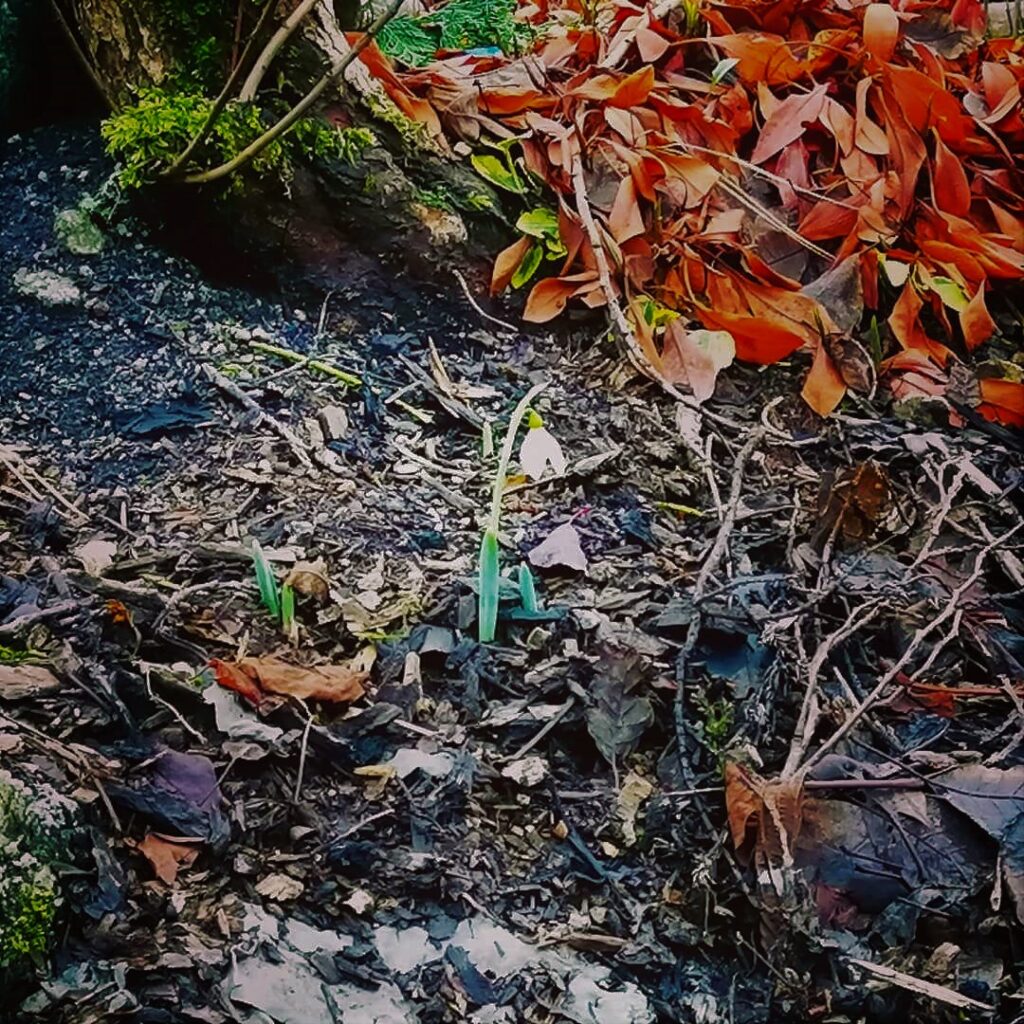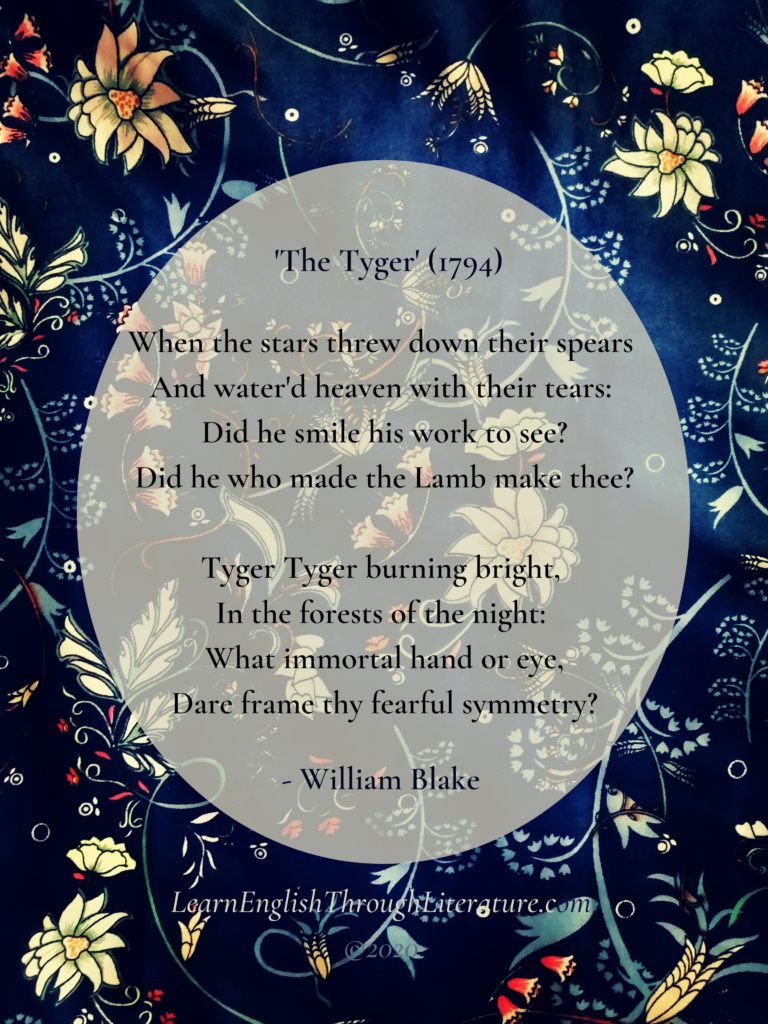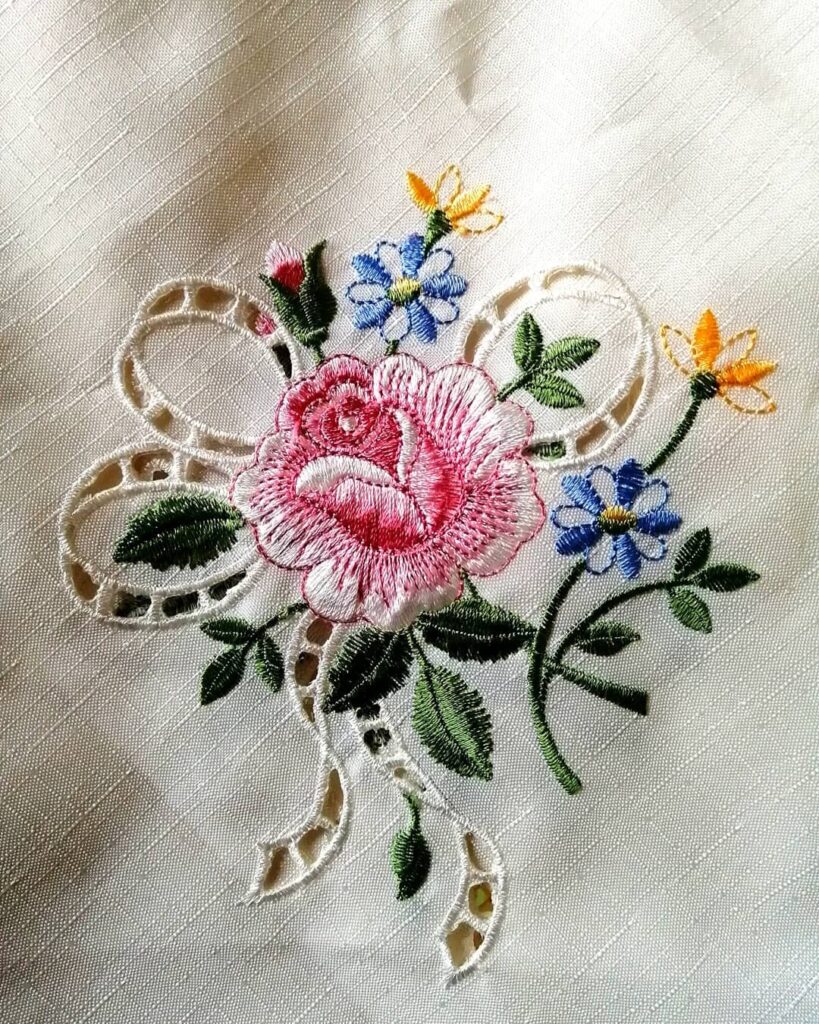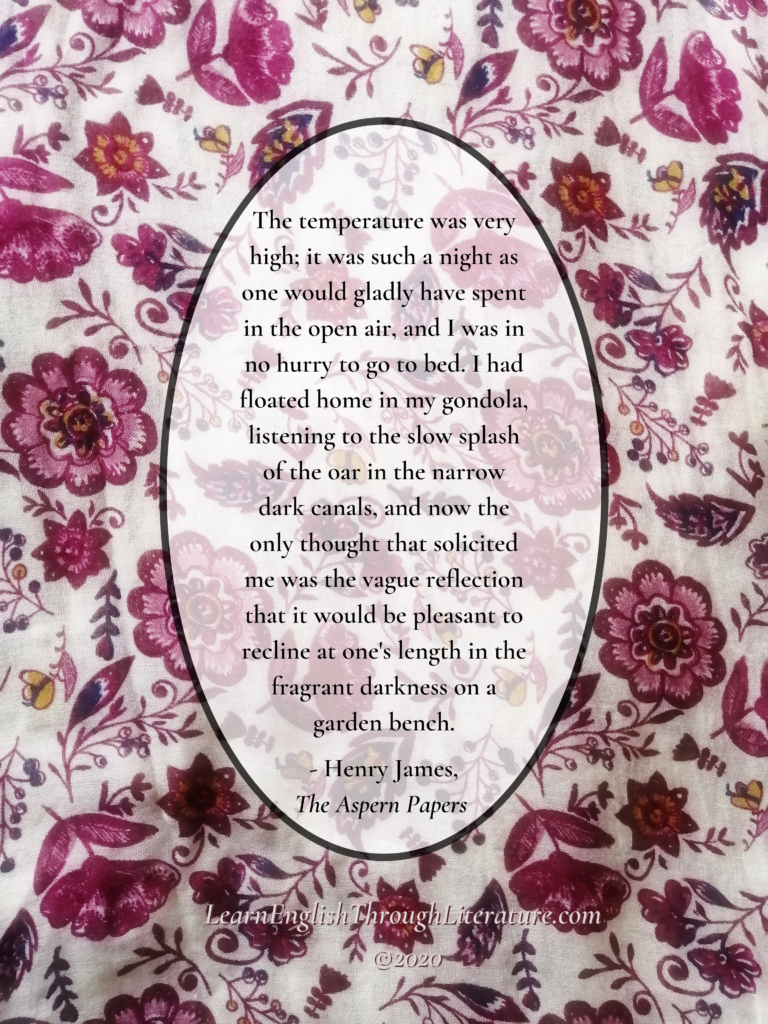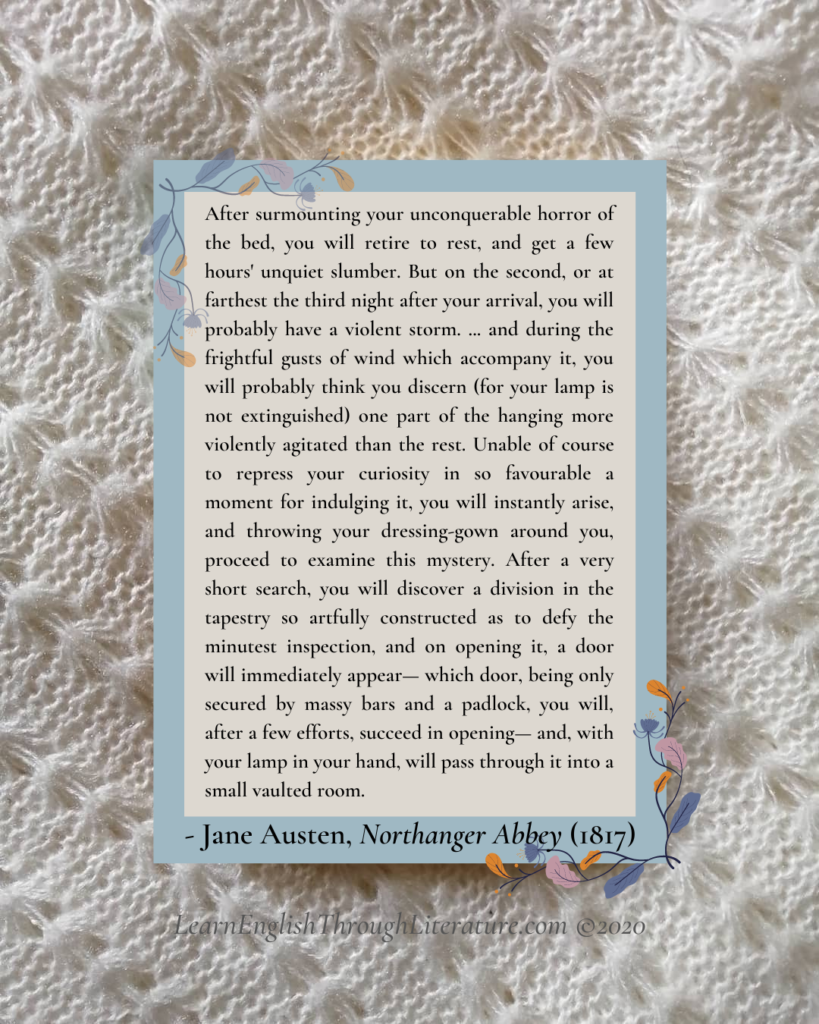Lesson #160: ‘The sand stirred and spun and scattered …’: Alliteration and Assonance in Everyday English
📙 The White House was on the edge of a hill, with a wood behind it— and the chalk-quarry on one side and the gravel-pit on the other. Down at the bottom of the hill was a level plain, with queer-shaped white buildings where people burnt lime, and a big red brewery and other houses; […]

